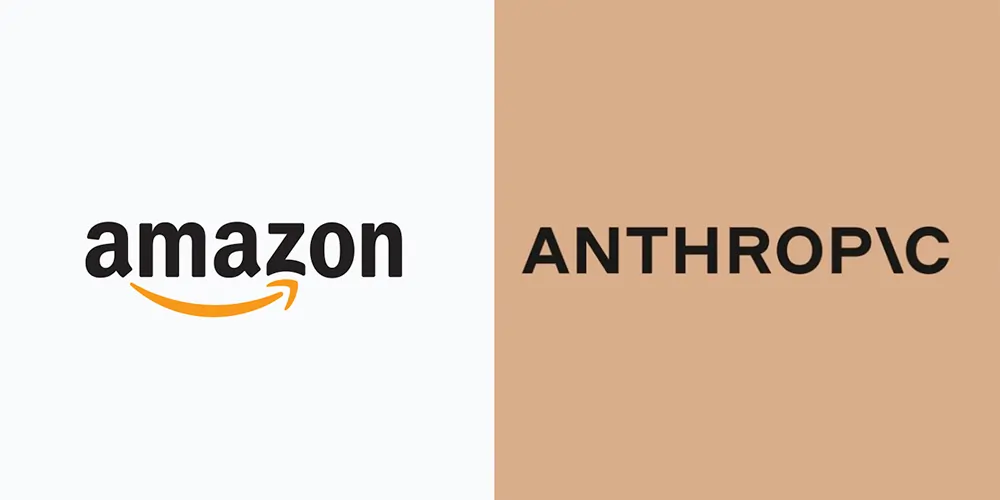In a significant move towards bolstering AI utility, OpenAI has announced the integration of more than 70 third-party plugins for its ChatGPT Plus users.
This new roll-out, initially introduced in March, is expected to revolutionise how the internet is accessed, marking an exciting leap in the chatbot technology landscape.
The availability of these plugins, ranging from shopping and search platforms to practical applications like content extraction and data visualisation, opens up myriad opportunities for users.
As OpenAI puts it, ChatGPT “knows” when and how to search the internet for current topics and events or access activated plugins, thus enhancing user experience.
However, the caveat is that only three plugins can be active per chat session.
This means users have to strategise and select the most beneficial plugins according to their needs. Notwithstanding, the system’s scope of capabilities is undoubtedly transformative.
The Impact on the Chatbot Platform Race
This announcement comes at a crucial juncture, following Google’s international roll-out of Bard and Microsoft’s aspirations for Bing Chat.
With the introduction of these plugins, OpenAI’s ChatGPT evolves from being a mere tool to a more interactive interface equipped with language models and tools, carving out a unique space in the chatbot platform race.
These tools offer the chatbot a host of new capabilities like extracting and explaining content directly from web pages, writing better code, or analysing and visualising data.
Such enhanced capabilities could have a much greater impact on the job market, as OpenAI’s study on language models with tools suggests.
A Game-Changer for the Internet?
As OpenAI CEO Sam Altman prepares to testify before the US Congress, it’s worth considering the broader implications of these new capabilities.
Chatbots could fundamentally change the internet if they meet high demand, migrating more tasks and content to the bots’ content ecosystem.
This disruption could be as significant as the shift from desktop to smartphone ecosystem, if not more.
However, this raises numerous concerns.
For instance, the potential impact on publishers, social media platforms, or even online stores could be profound. Furthermore, the copyright implications of content used by chatbots without explicit permission is a pressing issue that remains unresolved.
The Future of ChatGPT Plugins
Despite the excitement surrounding the capabilities of ChatGPT, the technology is not without its limitations.
Some plugins sometimes function differently than expected, and there are restrictions on the type of content that can be processed.
Moreover, as thousands of developers work on autonomous AI agents with future web-surfing possibilities, threats from the open-source community loom large.
ChatGPT Plugin developers have made it clear that OpenAI needs to stay ahead of the curve. Yet, the potential for progress is undeniable.
We’re starting to scratch the surface of what it means to let a generative AI like ChatGPT loose on the internet, and it’s both thrilling and nerve-wracking.
OpenAI, always the trailblazer in the AI world, is really stirring things up with these advancements, challenging our understanding of what AI is truly capable of.
As OpenAI continues its journey, one thing is sure: the AI revolution is not just coming. It’s already here.




